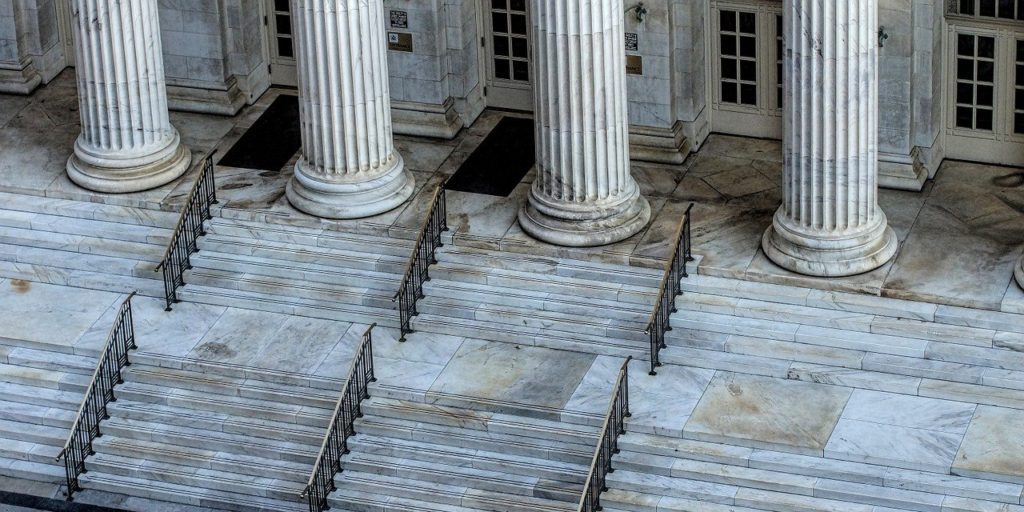- Rail blockade illustrates the ambiguity of legal rights - March 4, 2020
- ‘Colonial policing’ in Indigenous communities a complex issue: Grey - February 3, 2020
- Supreme Court of Canada decision is a call to action for the Crown: Grey - January 15, 2020
A class action could bring some measure of justice to victims of a residential day school, says Alberta Indigenous rights litigator Leighton Grey.
Grey, senior partner with Grey Wowk Spencer LLP, tells the news website Lakeland Connect he wants to ensure that former students of the Kehewin school, which was run by the federal government in partnership with the Catholic church, know about the lawsuit.
“Our process is trying to raise awareness,” Grey says, explaining that many potential claimants live on remote First Nations reserves without access to mainstream news sources. “We’re trying to get the word out to communities that these claims are viable.”
Grey and members of his firm have travelled to a number of reserves to deliver in-person information sessions, giving attendees the chance to ask questions about the legal process, learn about the criteria for joining the class action, and hear about the experiences of others who were victimized.
Although less well known than the institutions covered by the landmark Indian Residential Schools Settlement Agreement (IRSSA), Grey said the stories he has heard from victims of residential day schools suggests they were exposed to the “same panoply of abuse that has come to light” in recent years, via the Residential Schools inquiry.
“The same sort of cultural genocide is what was perpetrated against these people really at the most innocent stage of their lives. It was a form of indoctrination,” he says. “That’s why it’s so damaging intergenerationally.”
In the interview with the news website, Grey says that his own involvement in the area dates back to the late 1990s, when his grandmother, a residential school survivor, asked him about the burgeoning class action against the federal government for its treatment of former students.
Over the years he has acted for more than 400 clients in the Independent Assessment Process established under the IRSSA and is also currently working on newer claims alleging inadequate hospital care to Indigenous people.
In addition to the local Catholic archdiocese which ran the Kehewin school, Grey says the lawsuit also names both the provincial and federal governments as defendants.
Although the firm has identified around 100 potential claimants, Grey estimates that’s less than one-fifth of the entire class.
He encourages anyone who believes they may have a claim to contact his firm so that they can arrange an interview over the phone or in person.
“We go out to these communities and meet with people who are sometimes in their 60s and 70s, and they’re relating experiences that happened to them when they were very young,” he tells the news program. “They are scarred for life.”
Acknowledging the limits of a court system, Grey says the lawsuit and any resulting monetary damages are a “blunt instrument” that can only go partway towards delivering justice to victims.
“You can’t restore them to the sort of person they were before they were abused, just like you can’t restore someone who is in a horrific car accident to the state of health they were in before the motor vehicle accident,” he says. “Money doesn’t necessarily make life better, but it can make life more livable.”

